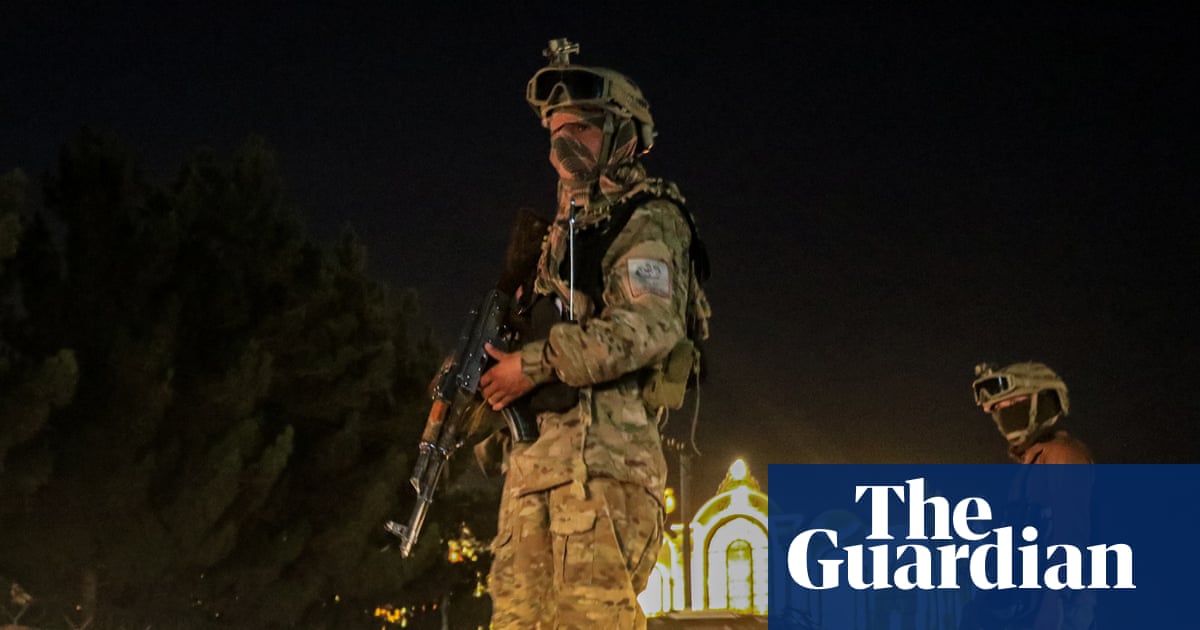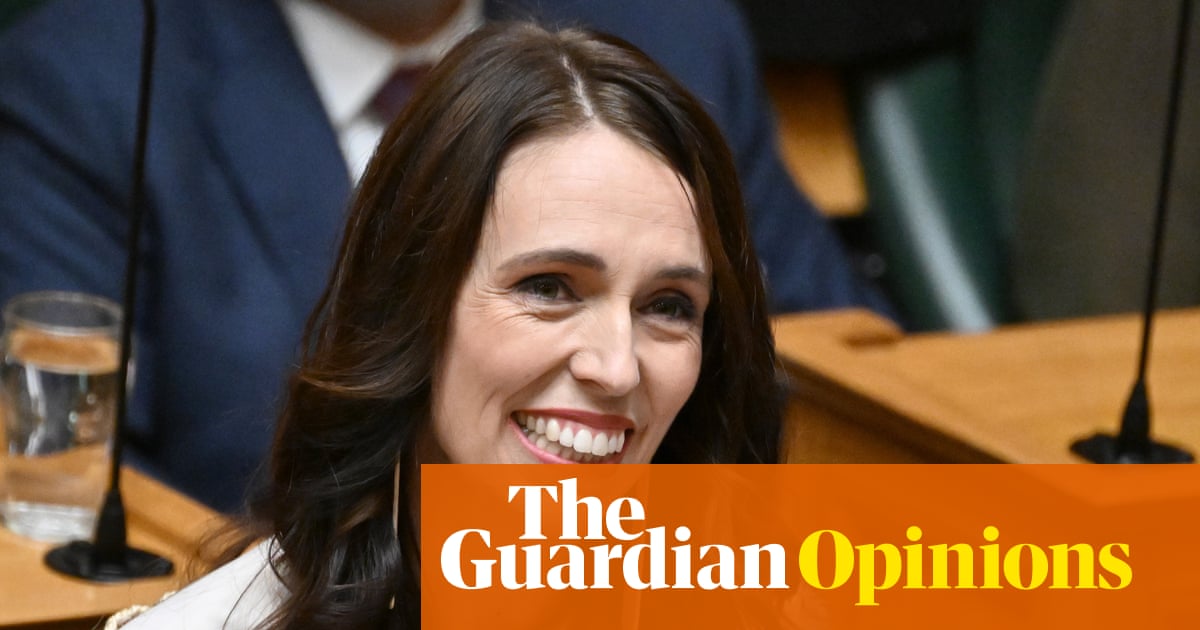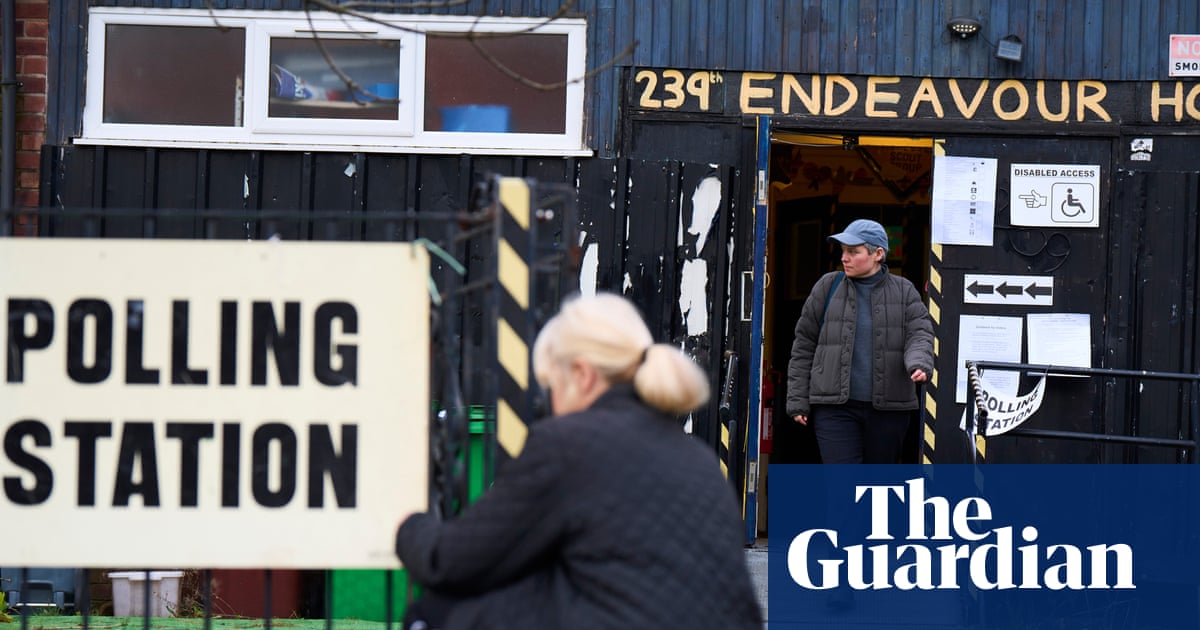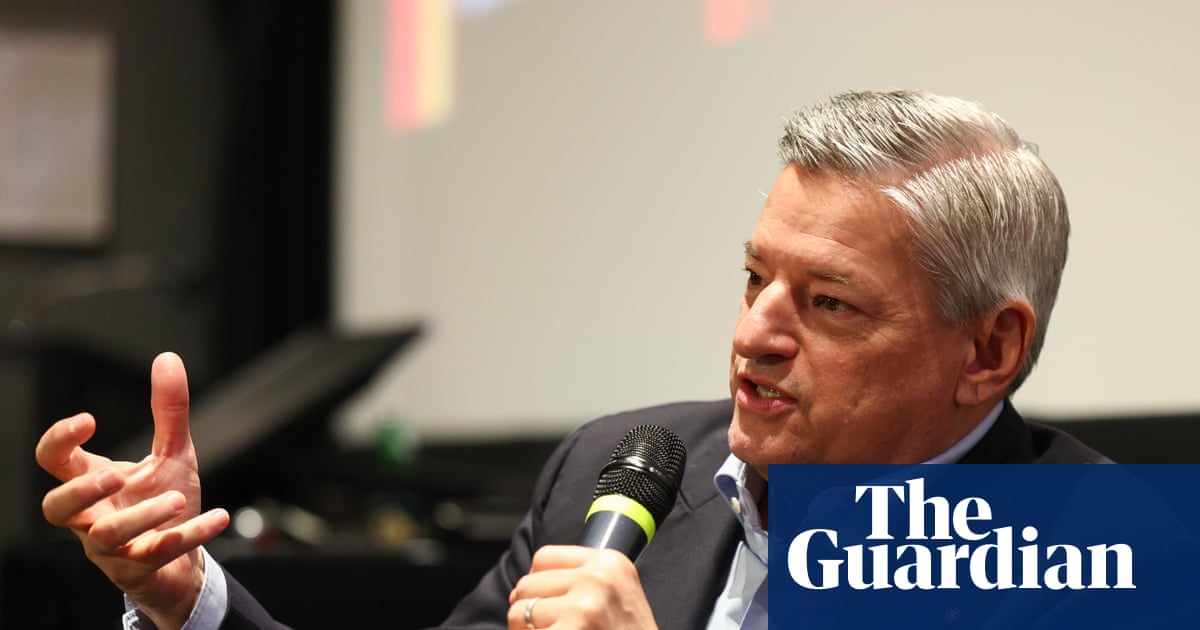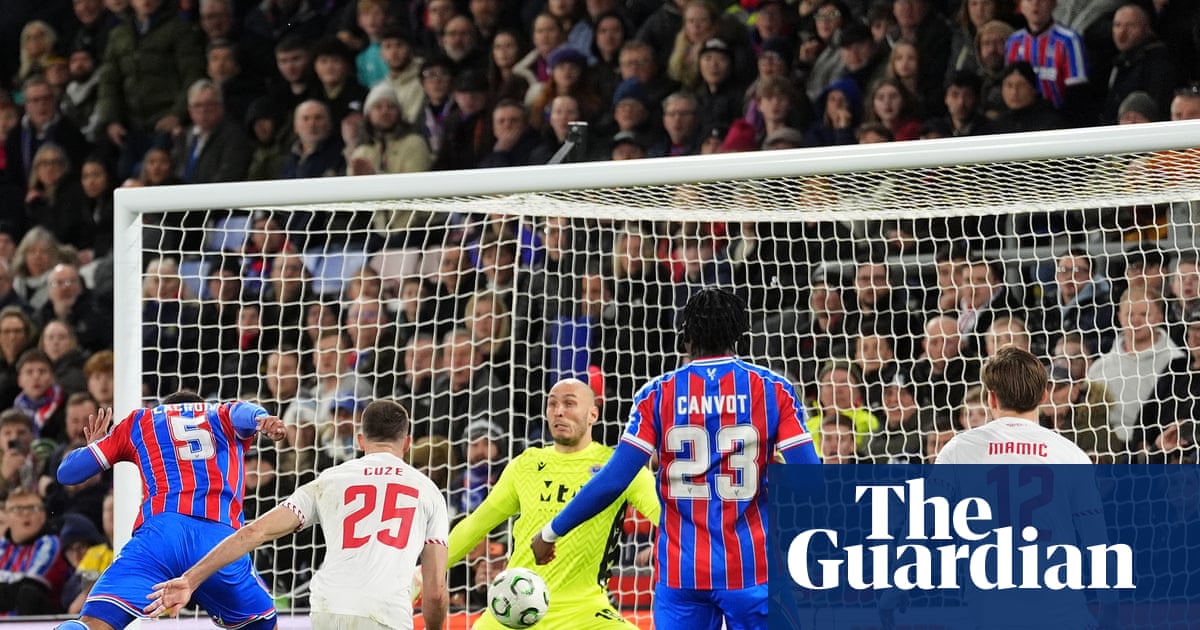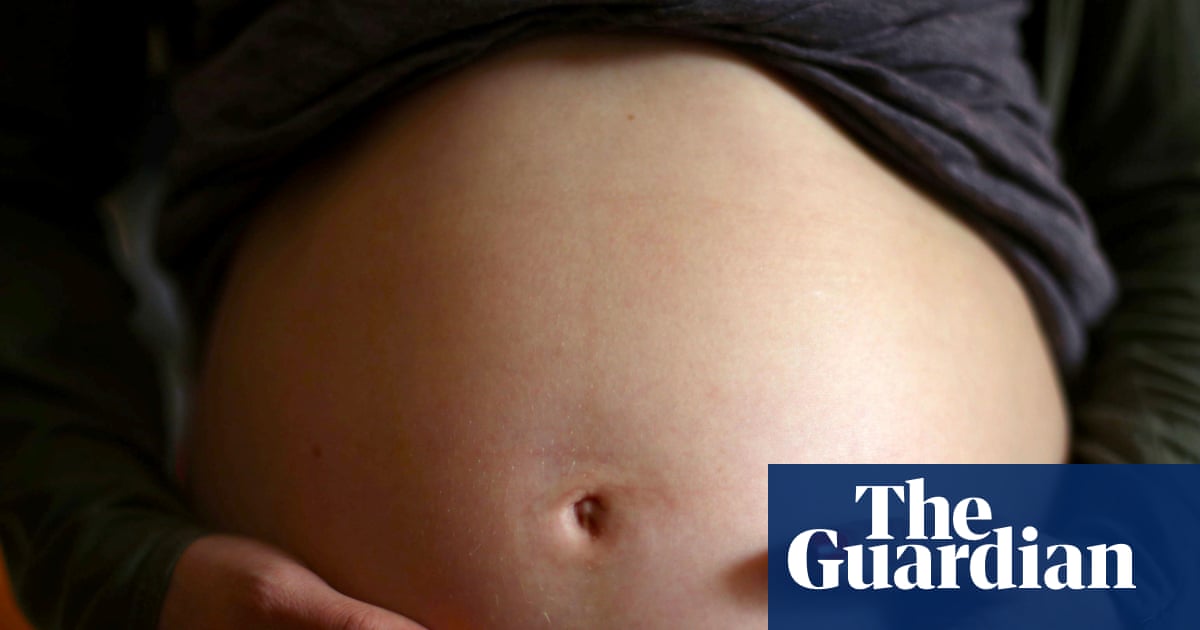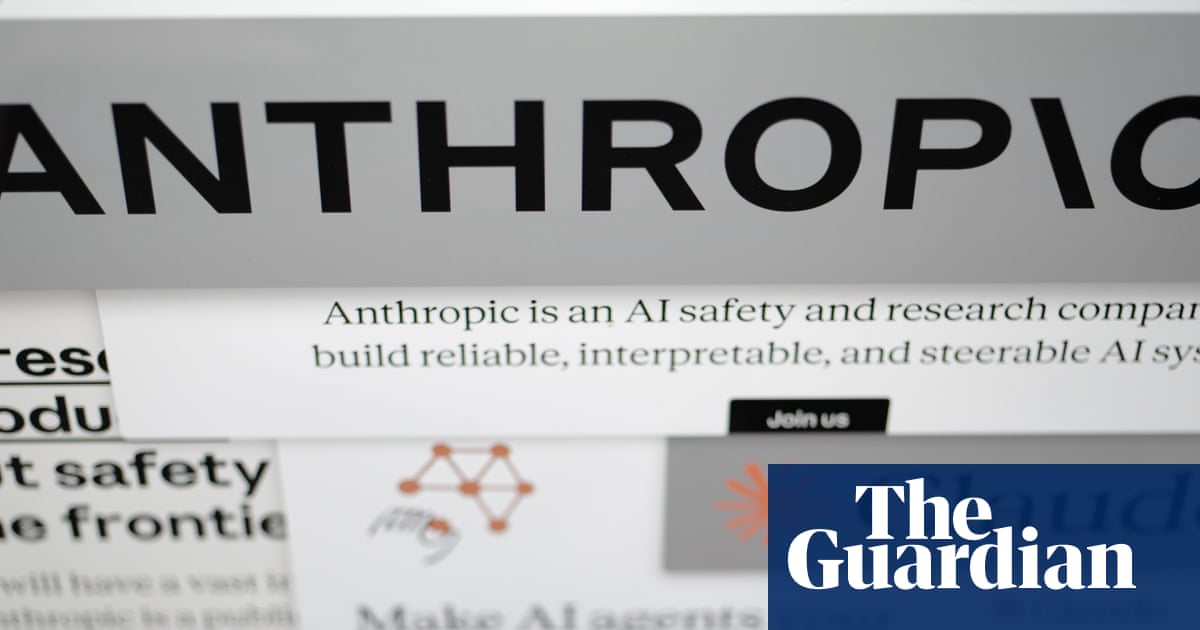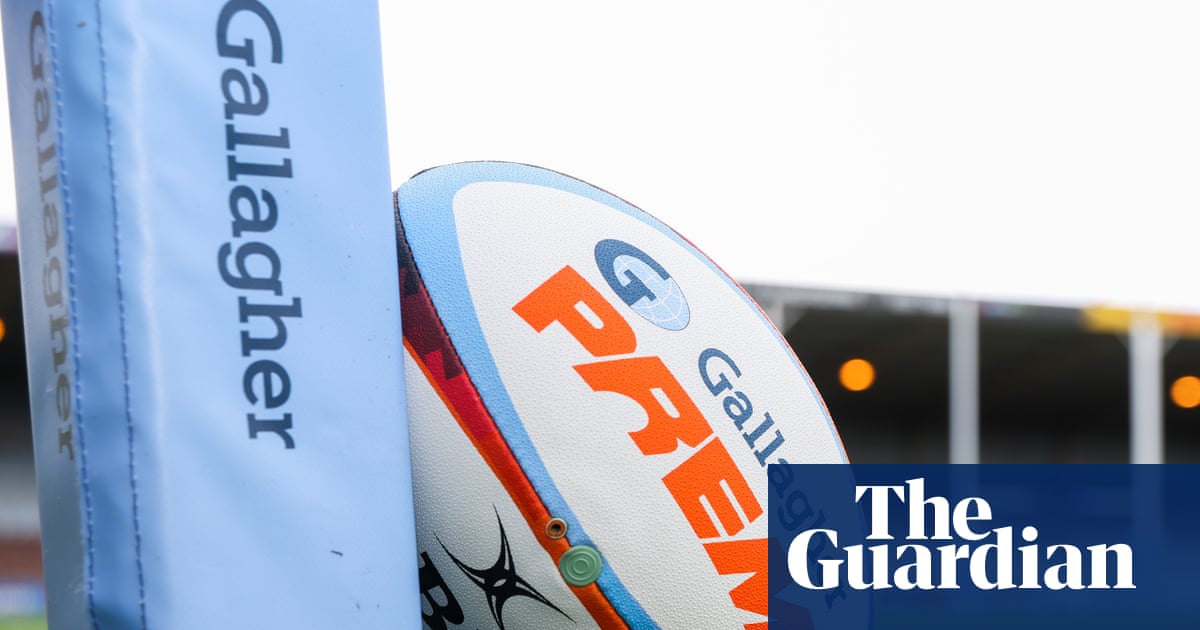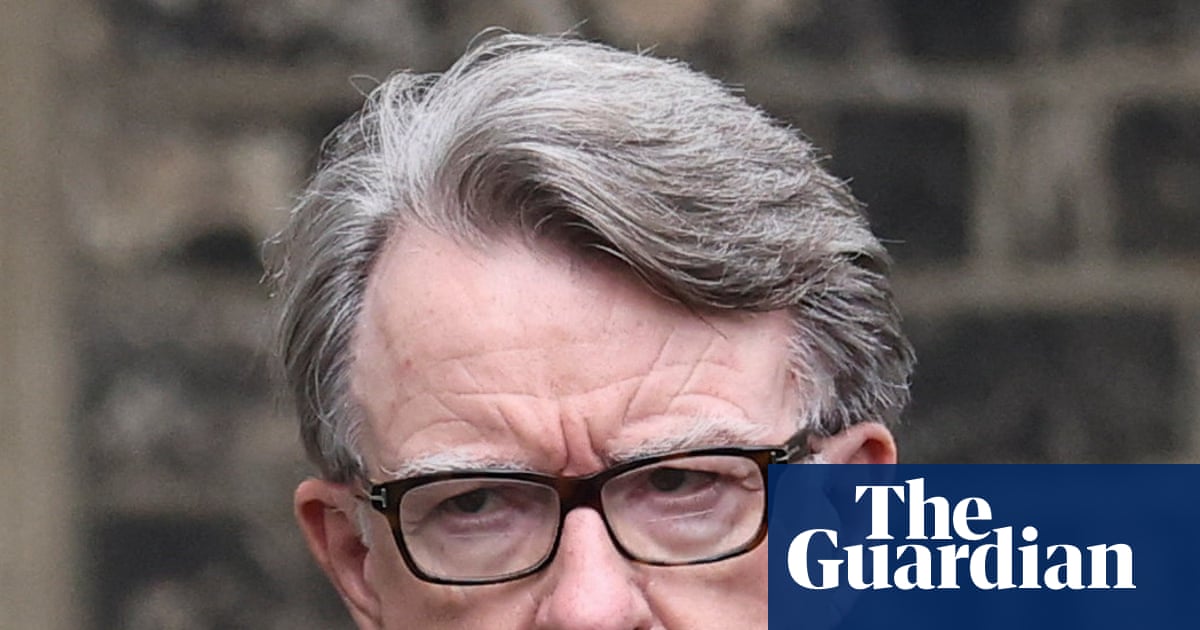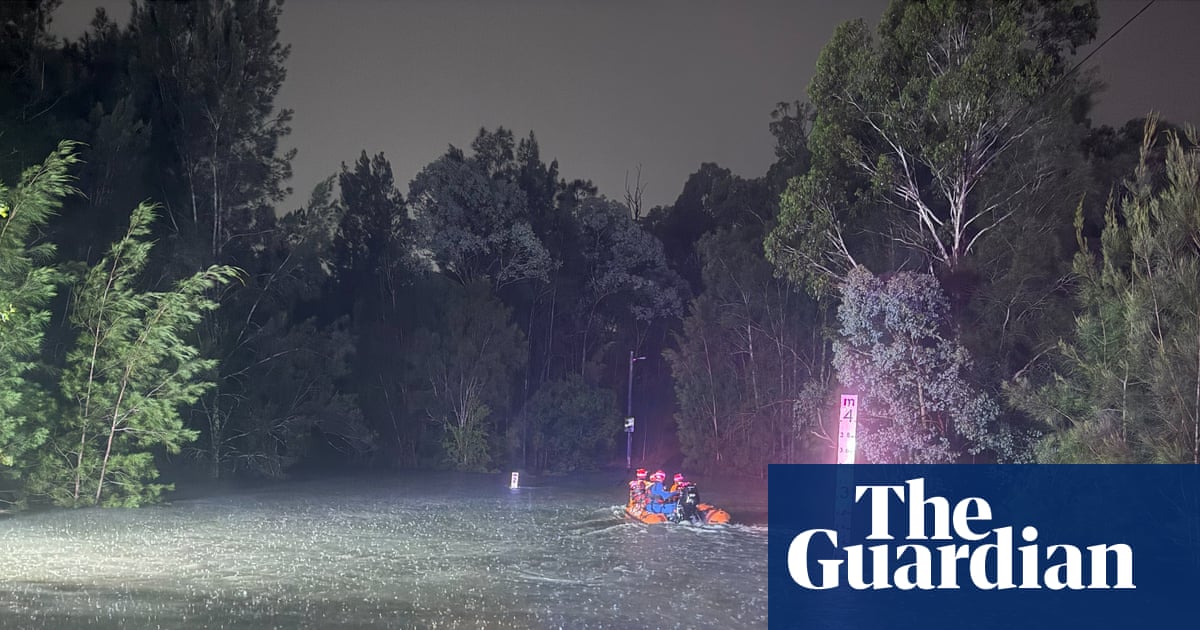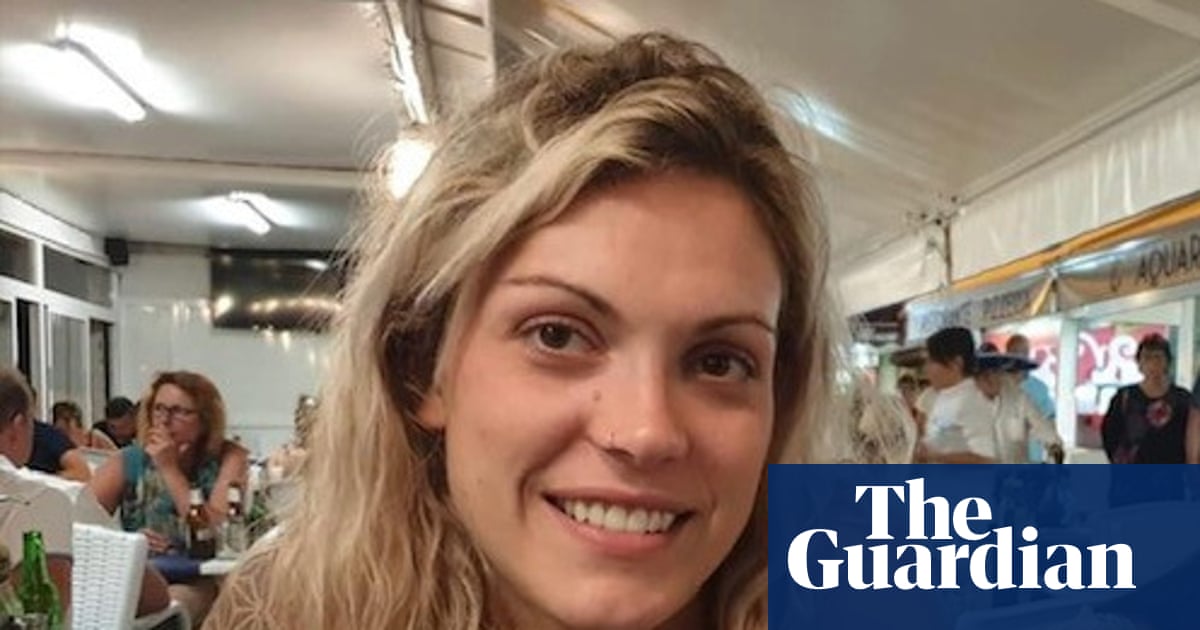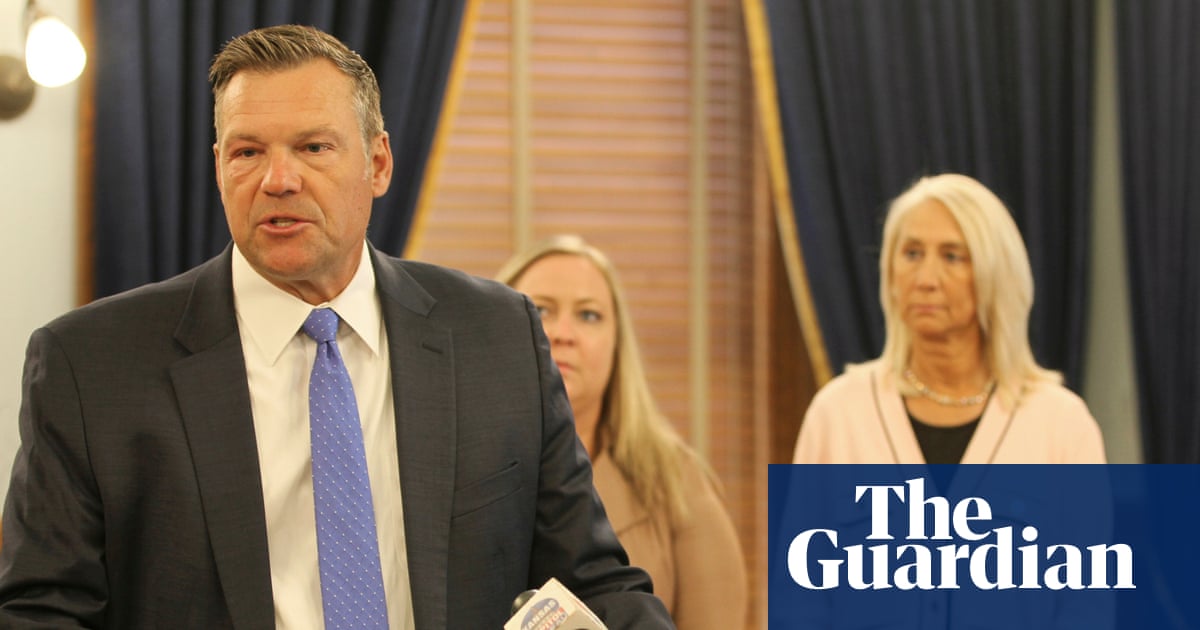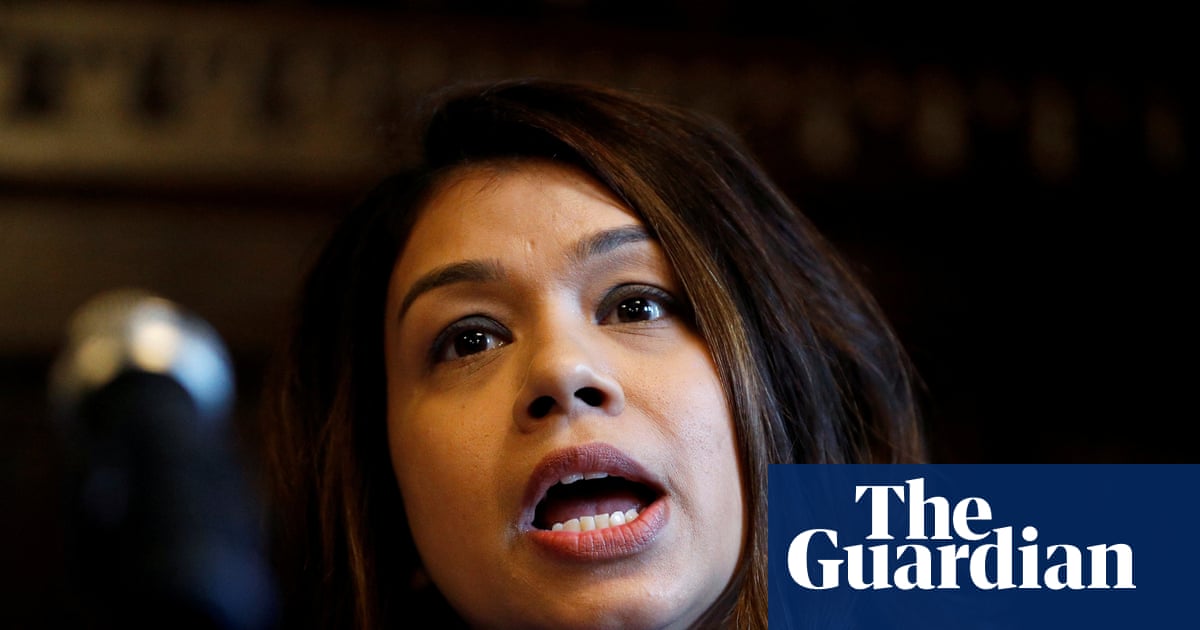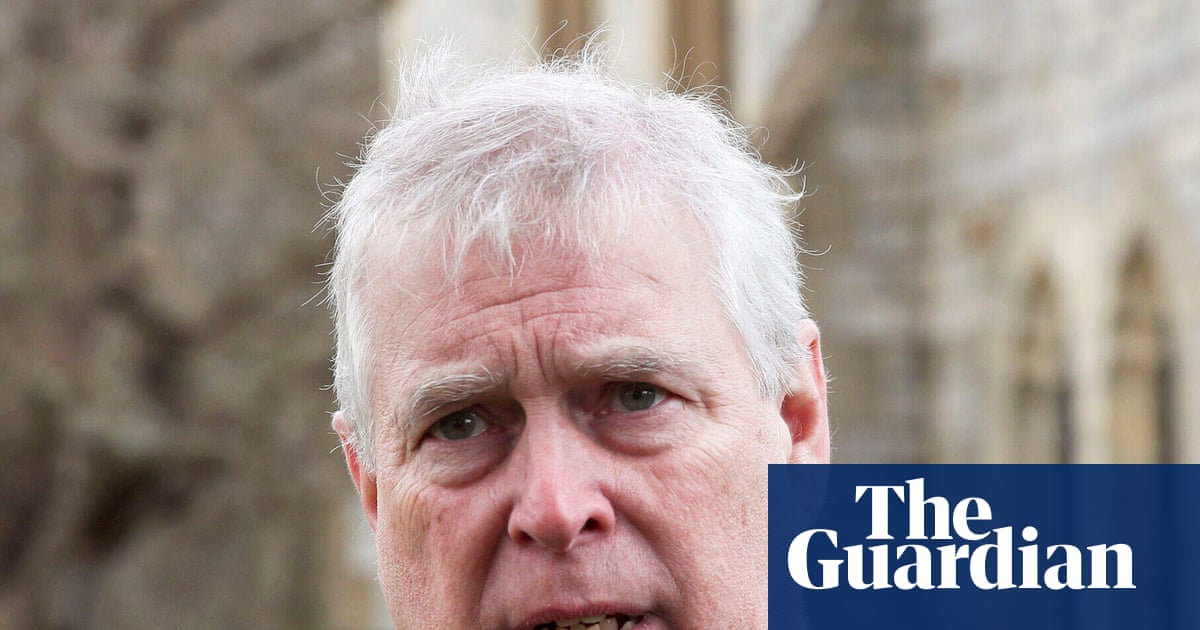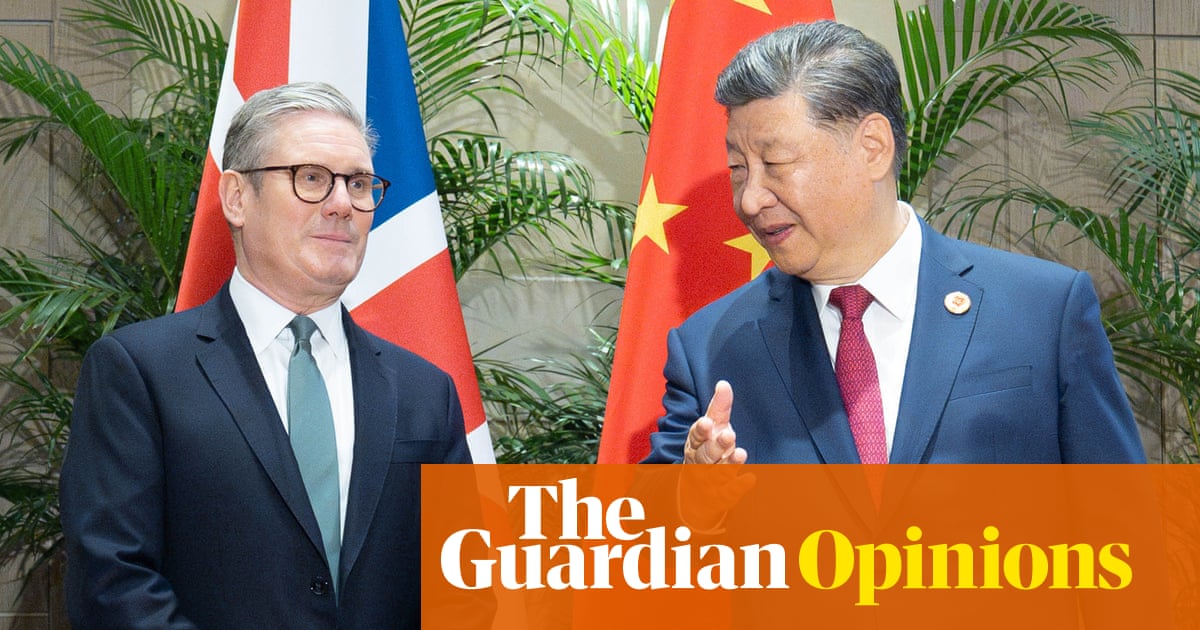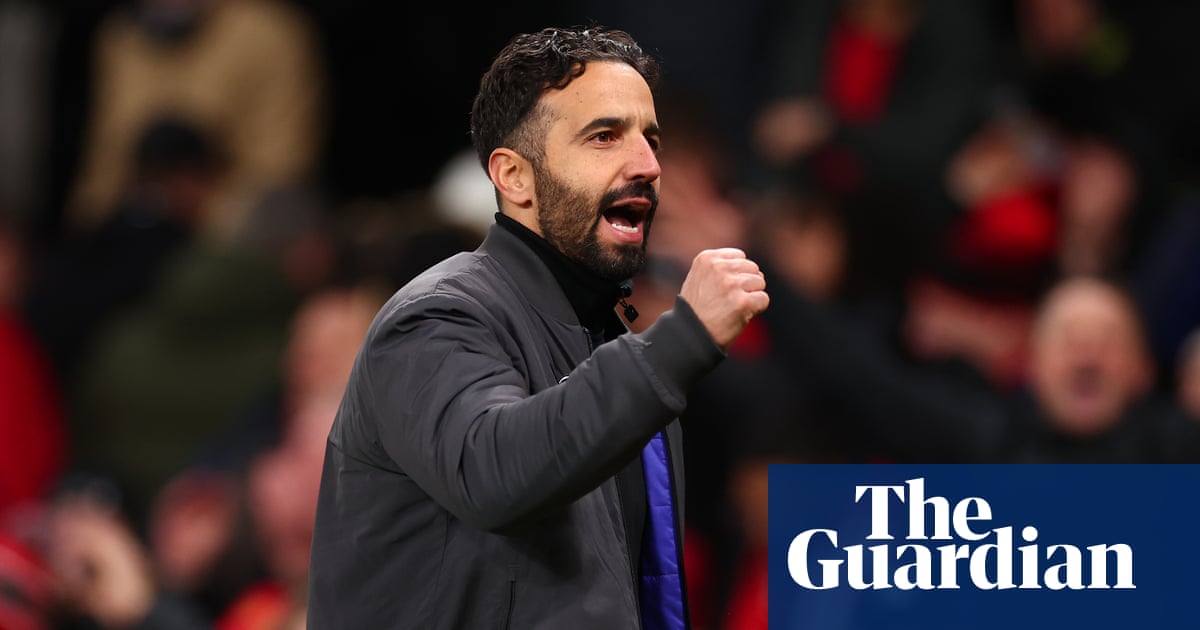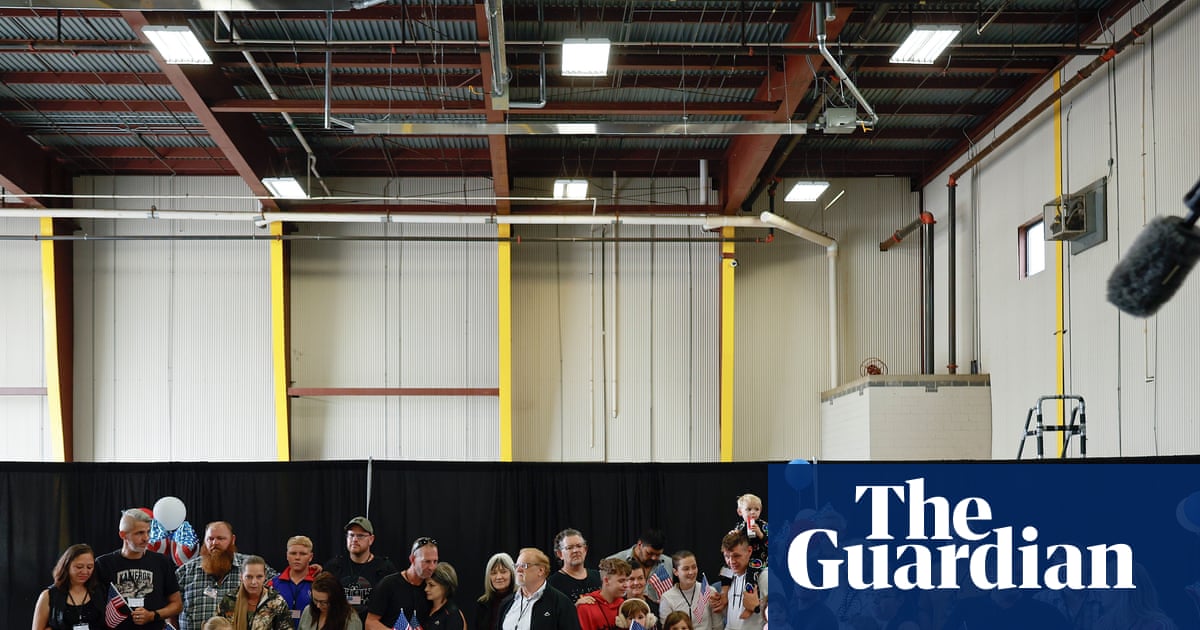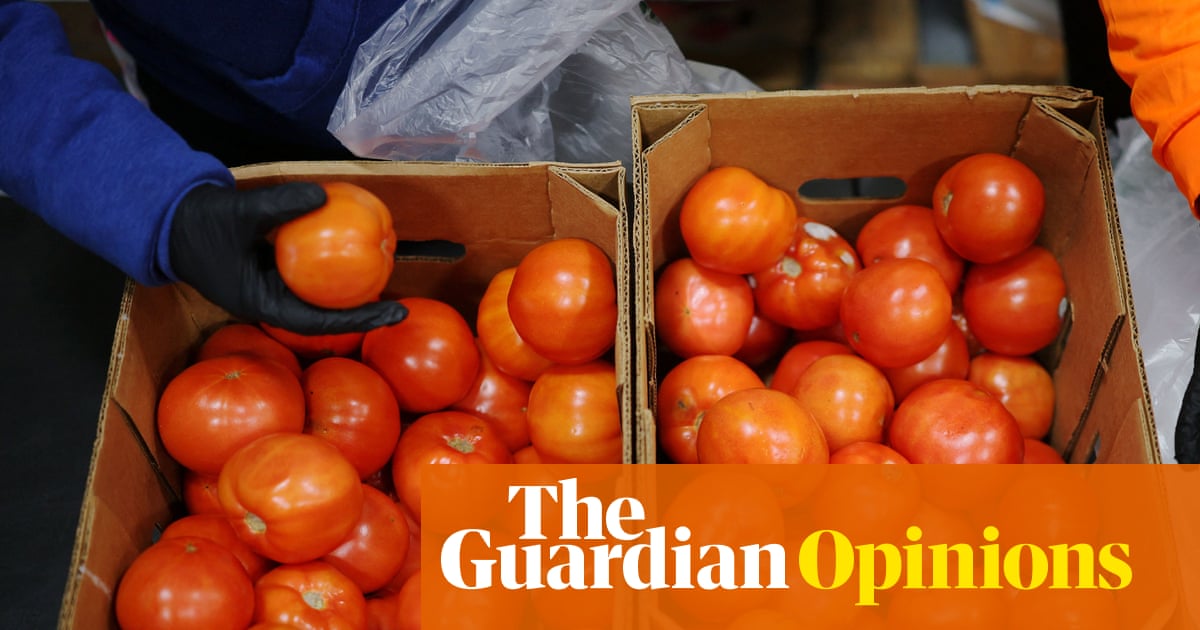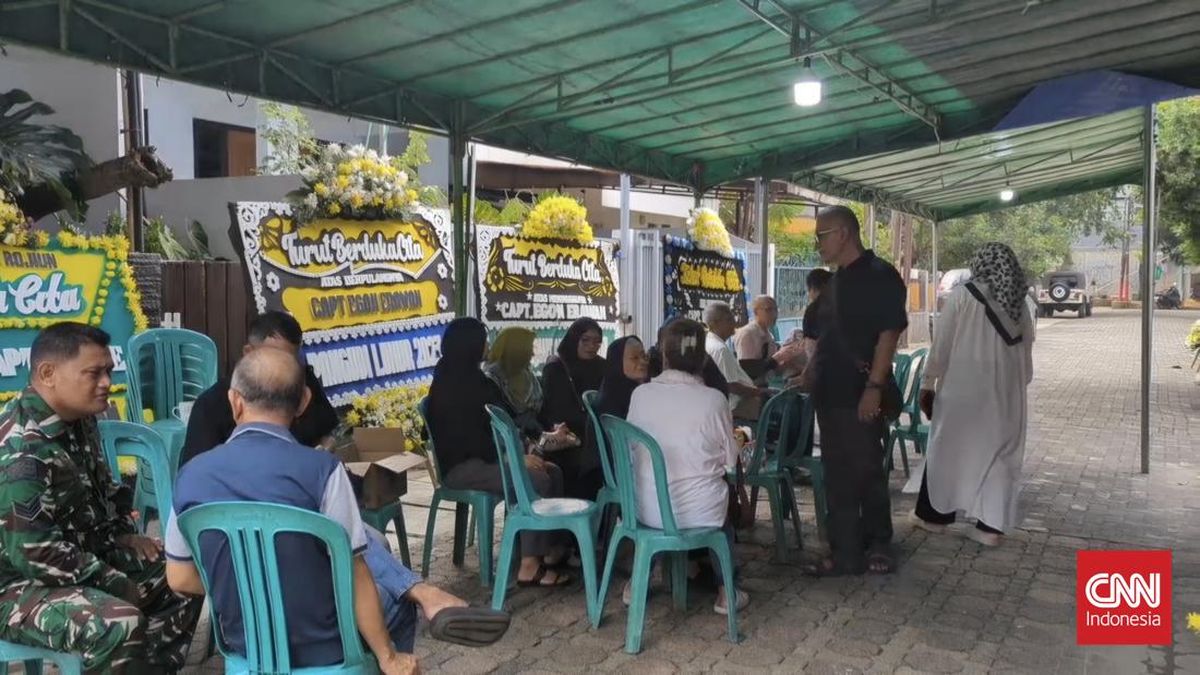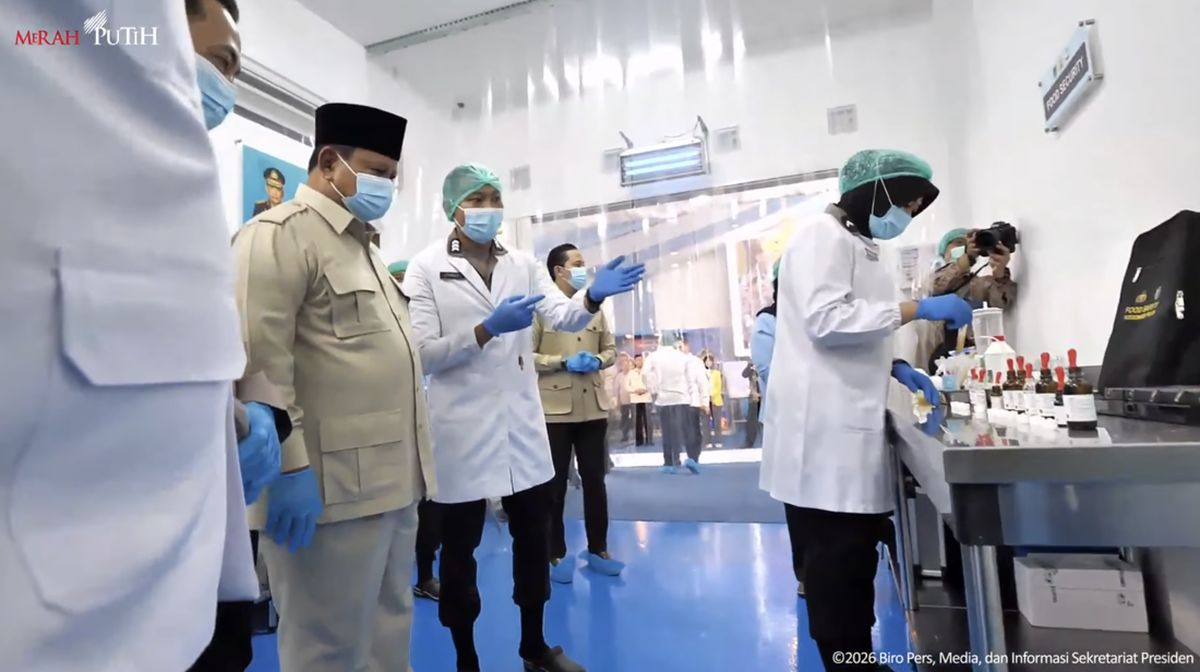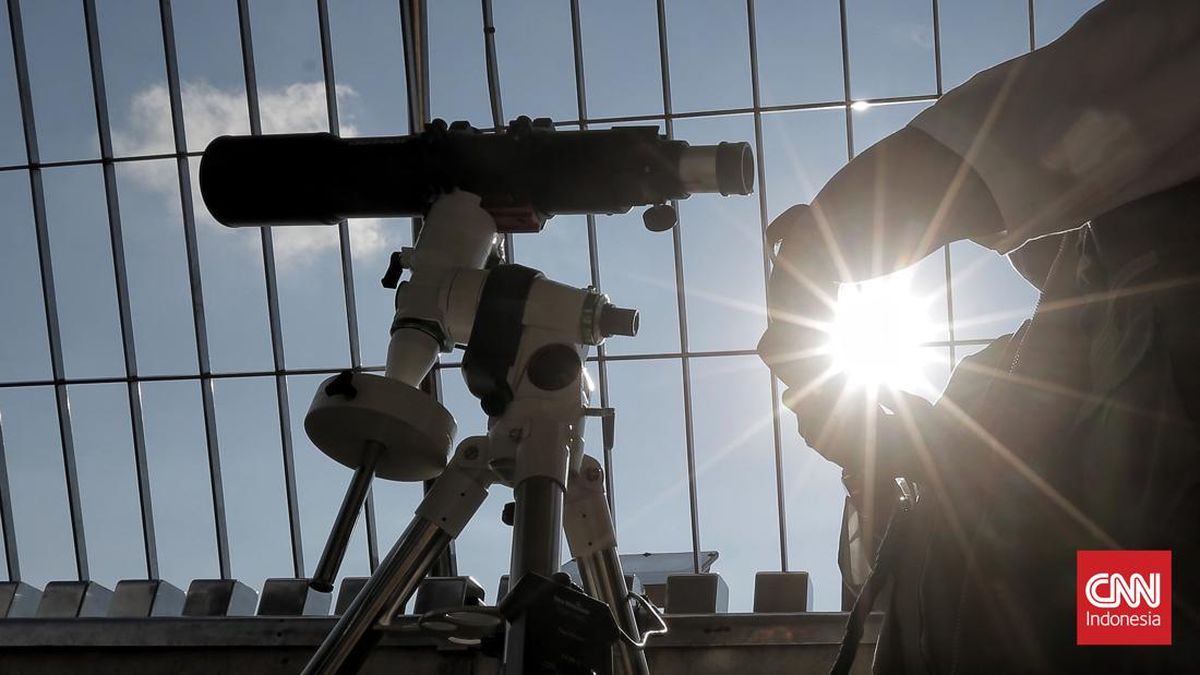Centrist D66 back in lead in Dutch vote count, edging past Wilders's PVV
Aaaand we have a change at the top, with the centrist D66 party back in the lead after almost all votes were counted in Amsterdam and Hilversum.
Rob Jetten’s party is now leading by 15,122 votes, NOS reported, putting it back in the pole position to lead the talks on forming the next government.
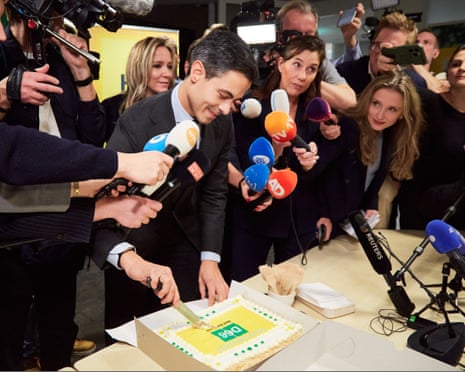
Key events Show key events only Please turn on JavaScript to use this feature
Meeting to kick off coalition forming process postponed till next week as result hangs in balance
As the final result of the Dutch election still hangs in balance, tomorrow’s meeting to appoint “the scout” in charge of exploring a new potential coalition has been postponed to Tuesday, Dutch media reported.
We are still waiting for some districts to report their results, plus expected 90,000 postal votes from 130,000 eligible overseas voters, among others.
The decision is partially in line with what Wilders asked for earlier today (12:33).
German-Russian national sentenced to six years in German prison for spying for Moscow

Deborah Cole
in Berlin
As Europe struggles to confront the threats from hybrid warfare waged by Russia, a German court on Thursday sentenced a German-Russian national to six years in prison for spying for Moscow and plotting arson attacks on sensitive infrastructure to undermine Berlin’s backing for Ukraine.
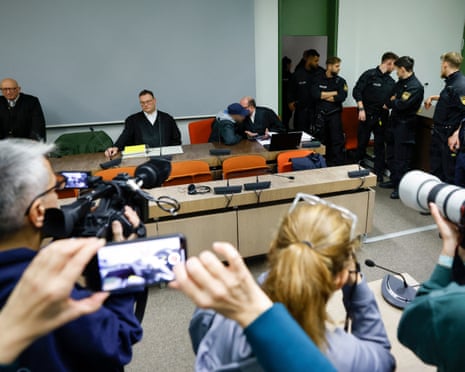
Two accomplices received suspended sentences.
The superior regional court in Munich found Dieter Schmidt, the main accused, guilty of spying on key military and industrial sites over six months from the end of 2023.
Federal prosecutors said he was acting on behalf of Russian intelligence, providing his contact with pictures and video of locations including US military bases on German soil.
“He was to obtain this information with the aim of carrying out acts of sabotage,” presiding judge Jochen Boesl said.
“The common goal was to disrupt the German economy through acts of sabotage and show citizens the consequences of supporting Ukraine.”
Schmidt was also convicted of membership of a foreign terrorist organisation, the pro-Russian militia “People’s Republic of Donetsk” in eastern Ukraine.
Security services across Europe have warned of a growing threat from Russian spy agencies they say have been trying to deter Western powers from backing Ukraine since Russia’s full-scale invasion in 2022.
European intelligence services suspect Russia of being behind a plot to plant explosive devices on cargo planes last year, which led to the explosion within days of each other of parcels at loading facilities belonging to DHL in Leipzig, Germany, Birmingham in the UK, and the Polish capital Warsaw.
German security authorities have long warned that Russia has increasingly enlisted “expendable” agents, often recruited on social media.
The head of Germany’s domestic intelligence agency, Sinan Selen, warned in August that “our country is the target of a wide range of Russian actions: in addition to low-level agents, these increasingly include cyberattacks, disinformation and tangible sabotage”.
The goal of such asymmetrical attacks, he said, is to spread fear and doubts about the German democratic system.
Also on Thursday, three men – a Ukrainian, an Armenian and a Russian national – went on trial in Frankfurt charged with spying on and possibly plotting the killing of a Ukrainian soldier in Germany.
Centrist D66 back in lead in Dutch vote count, edging past Wilders's PVV
Aaaand we have a change at the top, with the centrist D66 party back in the lead after almost all votes were counted in Amsterdam and Hilversum.
Rob Jetten’s party is now leading by 15,122 votes, NOS reported, putting it back in the pole position to lead the talks on forming the next government.

Geert Wilders faces shutout as centrists hail huge gains in knife-edge Dutch election

Jon Henley
And here is our updated story on the state of play in the Netherlands this lunchtime as the vote count continues.
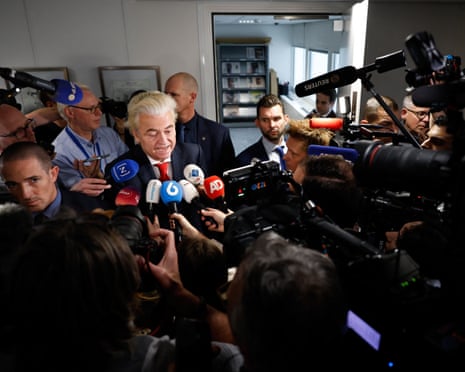
Geert Wilders is almost certain to be shut out of the next Dutch government after a knife-edge general election in which support for his far-right Freedom party (PVV) slumped and the liberal-progressive D66 party made spectacular gains.
With more than 98% of votes counted from Wednesday’s election, the two parties were neck and neck on a projected 26 seats each in the Netherlands’ 150-seat parliament, with the difference between them only a couple of thousand votes.
…
The outcome was a big setback for Wilders, however, whose PVV won 37 seats in 2023 then led a splintered and unproductive rightwing coalition that lasted less than a year before he brought it down in a row over his draconian immigration plans.
All major mainstream parties have since ruled out governing with the anti-Islam firebrand, who nonetheless insisted on Thursday that he should take the lead in forming a new government if the PVV ultimately emerged with the most votes.
…
Even if his party does finish first, however, Wilders appears to have no viable path to a majority.
During our election night blog yesterday, we covered the phenomenon of “blanco” votes, usually cast in protest against all parties (here and here).
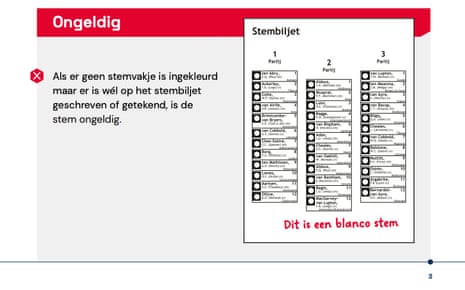
Early results show the number of those choosing to cast a blank ballot more than doubling in comparison to the 2023 vote, going up from 19,000 to over 40,000.
In fact, the number of “blanco” voters is now higher than those who voted for the New Social Contract party, which saw its vote share collapse at the ballot box, NRC noted.
In terms of managing our expectations as to when the new Dutch government could be formed, Joost Eerdmans of the right-wing JA21 party – a potential coalition partner in the new administration – has offered a bit of guidance on timing.
Speaking to reporters earlier today, he confirmed the party “can definitely do business” with other parties, but insisted that he would “rather have a stable cabinet in a few months than a messy cabinet before Christmas.”
And Wilders struck a similar tone in his earlier social media update, saying that his party would want to have a go at forming the next government if it was confirmed as the largest party.
It’s not immediately clear how this could work given all other major parties ruled out a coalition with his PVV party, but his comments suggest a slight change of heart on the back of the closer than previously anticipated results – last night he said he did not expect to be involved in the next government.
“As long as there is no 100% clarity about that, no D66 scout [tasked with exploratory talks] can get to work. We will do everything to prevent this,” he said.
D66 leader Rob Jetten spoke with reporters this morning as his party and Wilders’s PVV were effectively tied in the vote count, with the latest indications showing them just 1,900 votes apart.
He insisted that it mattered who will eventually win the vote, as the initiative to form the new government should lie with the largest party, NOS reported.
He also argued that the new cabinet “needs to get to work quickly,” and parties should look beyond their voters when considering a future alliance.
Wilders's far-right PVV party leads by 2,300 votes as more ballots are counted
Wilders’s PVV is currently in the lead by just over 2,300 votes, NOS reported, with more ballots to be counted from the Caribbean Netherlands, overseas postal vote, and some cities, including parts of Amsterdam.

So, it’s as close as it could be, and it could even take days before we know the final result, as postal votes will take a moment to count.
It all matters as coalition-building in the Netherlands can take months.
After the vote, an informateur – usually linked to the largest party – tests possible options that could command a majority. Potential partners then negotiate an agreement and must undergo a confidence vote in parliament.

Jakub Krupa
Let’s go back to the Dutch elections and take a look at the latest numbers next…
French police arrests five suspects over Louvre heist
Meanwhile over in Paris, French police have arrested five more people, including a prime suspect, over this month’s daring Louvre museum robbery, the city’s prosecutor said.
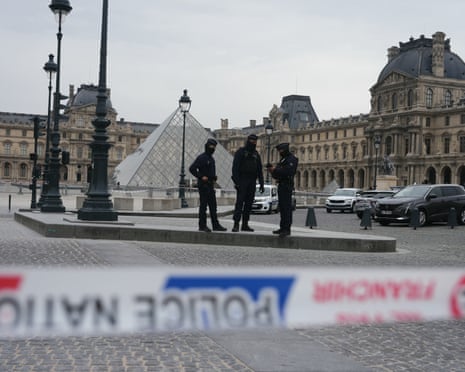
AFP reported that Paris prosecutor Laure Beccuau said the five suspects detained on Wednesday included a main suspect whose DNA linked him to the brazen seven-minute heist, though none of the loot had been found.
“We had him in our sights,” she said.
“As for the other individuals who are in police custody, they are people who may be able to provide us with information about the course of events.” She said it was “too early” to give additional details about the suspects.
The five detentions took place in and around Paris, particularly in Seine-Saint-Denis, a region just outside the French capital.
Poland agrees to postpone Belarus border reopening after talks with Lithuania
Separately, Lithuanian prime minister Inga Ruginienė said this morning that Poland has agreed to postpone its plans to reopen border crossings with Belarus, despite much-trumpeted plans announced by the country’s prime minister Donald Tusk earlier this week (Europe Live, Tuesday).
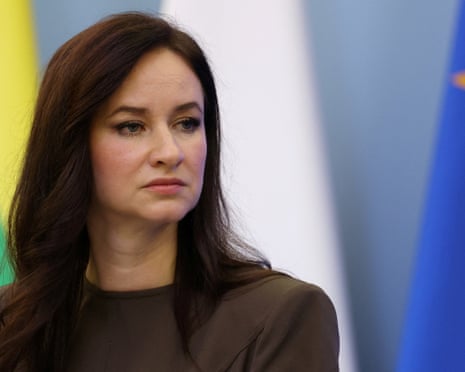
The move comes after Lithuania rushed to close its borders with Belarus until at least the end of October in retaliation for recent smuggling balloons, believed to be launched from Belarus, which disrupted the country’s airspace and forced airport closures.
Tusk’s plans to push ahead with reopening Poland’s two borders with Belarus raised some eyebrows in Lithuania, and has now been delayed until further notice.
Ruginienė said she had a “very detailed, comprehensive” conversation with Tusk last night in a bid to coordinate Warsaw and Vilnius’s actions, Lithuanian public broadcaster LRT reported.
She said that Lithuania wanted Belarus to understand it would “not tolerate any hybrid attacks and will do everything to manage threats and ensure the safety of our population.”
Poland scrambles jets, briefly closes airports in response to Russian attacks on western Ukraine
In response to Russian drone attacks on Ukraine overnight, Poland had to briefly close airports in eastern cities of Radom and Lublin.
Two Ukrainian energy facilities in the western region of Lviv, bordering Poland, were hit overnight, the regional governor said, with Ukraine’s prime minister Yulia Svyrydenko criticising Russian “systematic energy terror.”
Both airports have reopened late morning.
Poland’s army also said earlier today that Polish and allied aircraft were scrambled to monitor the border as a precautionary measure.
The country remains on high alert after last month’s incursion of over 20 Russian drones into Polish airspace, which prompted international outrage with Poland calling for urgent Nato and UN consultations over the incident.
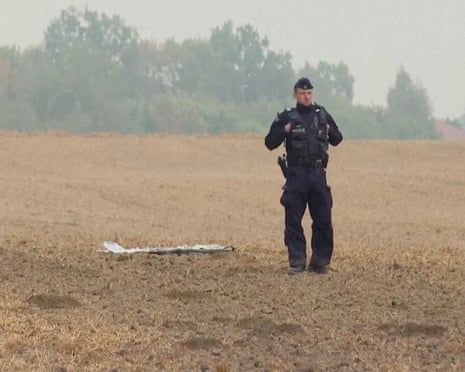
Ukraine says Russia hit with 650 drones, 50 missiles overnight
Elsewhere, Ukrainian president Volodymyr Zelenskyy said Russia launched over 650 drones and 50 missiles against Ukraine overnight in “a complex, combined” strike against the country.
He said that “tens of people have been reported injured” in a strike on residential buildings in Zaporizhzhia, with at least two dead.
Separately, Ivan Fedorov, the governor of Zaporizhzhia region, said that at least 13 people were injured.

“There have also been many vile strikes on energy facilities and civilian life across the regions – Vinnytsia, Kyiv, Mykolaiv, Cherkasy, Poltava, Dnipro, Chernihiv, Sumy, Ivano-Frankivsk, and Lviv regions,” he said.
Zelenskyy says that as “Russia continues its terrorist war against life itself, … it’s crucial that every such vile attack on civilians boomerangs back on Russia with concrete consequences – sanctions and real pressure.”
“We count on America, Europe, and the G7 countries not to ignore this Moscow’s intent to destroy everything,” he added.
Morning opening: Goedemorgen

Jakub Krupa
The vote count is almost done in the Dutch parliamentary election, with the far-right PVV party of anti-immigration firebrand Geert Wilders narrowly ahead of the centrist D66 with 99.6% votes counted.
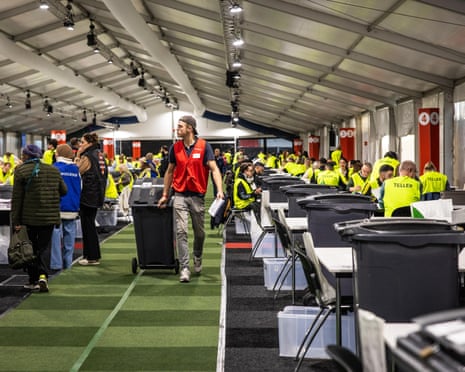
But the difference between the two parties is just under 1,400 votes, and many more are still yet to be counted, including parts of Amsterdam and 135,000 votes from abroad.
While it definitely symbolically matters whether PVV or D66 will come out on top, it seems that it will be the centrist with their charismatic leader, Rob Jetten, who will likely lead the talks to form the next government, with Wilders going back to the opposition.

As my colleague Jon Henley noted, the shift in the early hours of Thursday is unlikely to alter the composition of the next government coalition. All major mainstream parties have ruled out governing with Wilders after he brought down the last coalition led by his PVV.
That does not mean, however, that the coalition talks will be any easier and the talks between potential partners are widely expected to take months before the new administration emerge.
The outgoing prime minister, Dick Schoof, said yesterday he hoped they would be wrapped up by, erm, August next year, as he wants to run a marathon in Sydney. Call it a deadline of sorts.
I will bring you all the latest reactions from the Netherlands and beyond as we see the results come in. The official announcement of the final result is expected next week.
It’s Thursday, 30 October 2025, it’s Jakub Krupa here, and this is Europe Live.
Good morning.

 3 months ago
58
3 months ago
58



